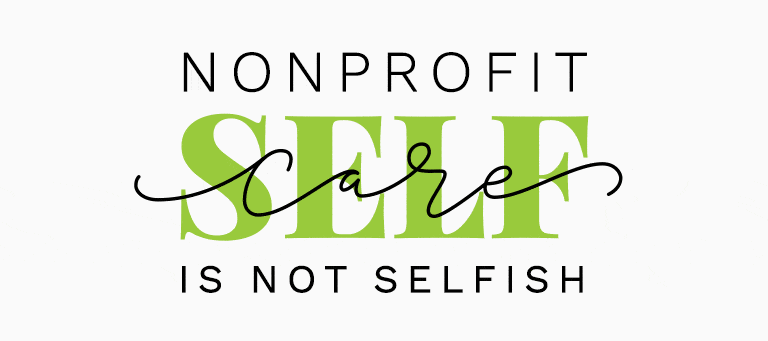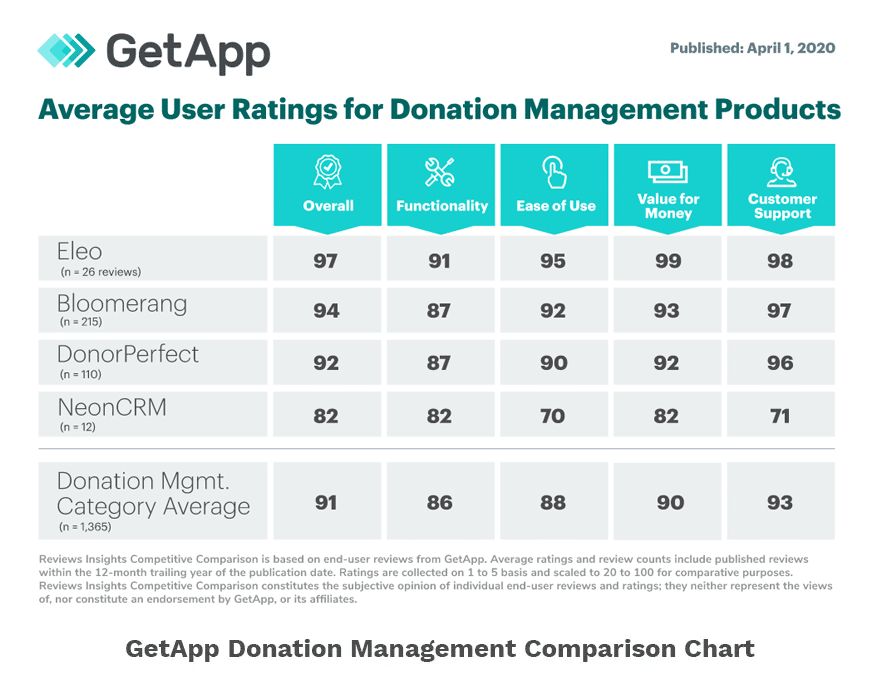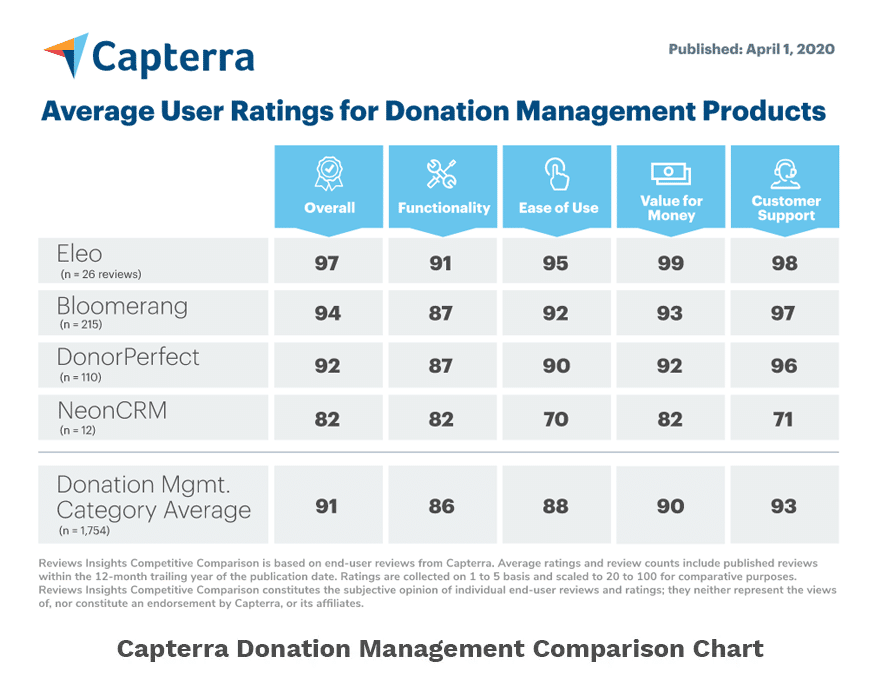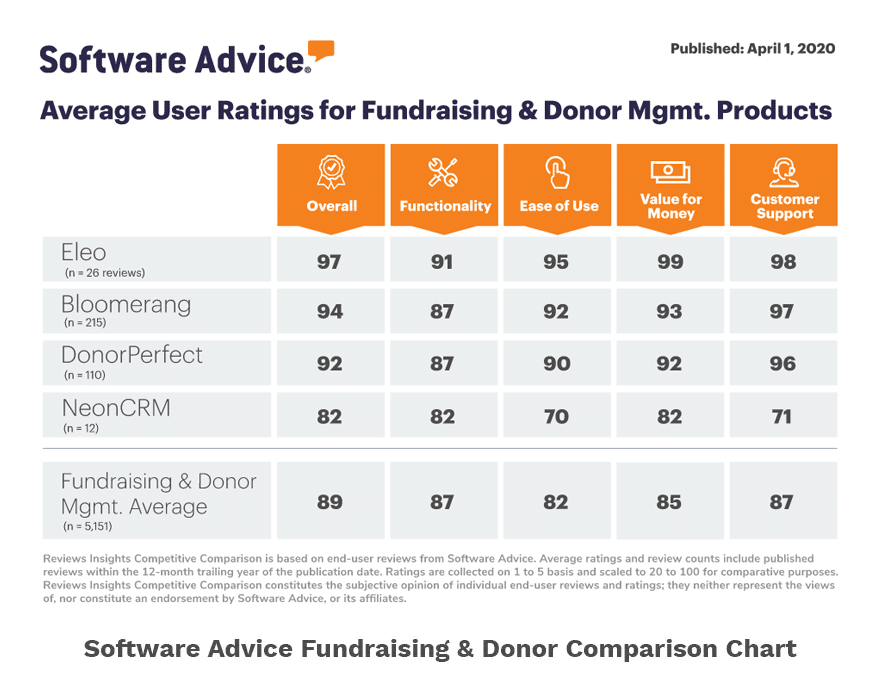
Balancing work life, home life and social life is a challenge most people face. Maybe some days life runs smoothly, but others can feel like each segment of your life is vying for position. For nonprofit employees, these segments often blend into one because working at a nonprofit is a passion, not just a job. That passion comes up in every area of your life and it inspires interest and engagement for your cause. That’s a good thing! However, the good that results from the work at your nonprofit should not mean your home life and social life have to suffer.
A very popular conversation that has arisen in recent years is self-care, which involves a balance between the different realms of your life and acknowledging that working flat-out leads to burn-out. This is an especially helpful trend for nonprofits specifically because your work often pervades the other aspects of your life.
In a study by the University of North Carolina, experts found that Americans spend, on average, just 15 minutes per day on self-care related activities. The definition of self-care ranges widely and it will look different for you. Some people count flossing as me-time and find it relaxing, others find journaling as stressful as the most stressful workday task. There is no manual to self-care, though many have been written. It all comes down to trying new methods and seeing if they create healthy results for you.
Learning how to create a more balanced life for yourself doesn’t mean neglecting anything, but rearranging and prioritizing. Getting started may not sound easy, but soon the benefits will start to show themselves and you will feel easier about the competing obligations you have in your life.
Nonprofit Leaders Need to Care for Themselves First
We’ve all heard the safety announcements on planes that urge passengers to put on their own oxygen masks before assisting others in the event of an emergency. Most people don’t know this is a universal life lesson. Helpful people often forget to help themselves.
If you’re involved in a nonprofit, it’s likely you are a helpful person who will prioritize others and other obligations before taking care of yourself. You may be exceptionally organized in your work life, but forget to implement the same time management strategies in the rest of your life. Strategies like blocking off time to work on bigger projects, setting reminders for due dates and follow-up communication, and taking time off to recharge can all be applied to your personal life as well.
Lead by Example – Nonprofit Leaders Can Model Healthy Work/Life Balance
According to the American Institute of Stress, an estimated 1 million workers are absent every day because of stress. Thirty-nine percent of US workers say that workload is the main cause of their stress. If you are managing a team at a nonprofit, it may fall to you to help your employees and volunteers find their own work-life balance. After you effectively manage your own, of course.
From the very start, including onboarding, you can help your employees understand that nonprofit work is a long distance race, not a sprint. By setting a good example, encouraging employees to adopt similar habits and being consistent in your efforts, you can create a work environment that is healthy for all. Here’s a few examples:
- Snack smart. Heading to the breakroom for a pick-me-up? Make it a healthy one, or even keep granola bars or fruit on hand.
- Take a walk. Consider taking a walk during your lunch break. Invite a colleague to come with you.
- Go home. Try to leave each day on time. Show your employees that is ok to go home. Overtime is not a badge of honor nor expected.
- Keep your space serene. A clean workspace is a peaceful workspace. Keep it tidy and consider adding personal touches like clean-air benefiting plants or soothing artwork. Invite employees to make their space their own.
- Talk about it. Having a bad day? Consider sharing it with a colleague to show that it’s ok to have feelings and hard days. Talking through troubles helps resolve them. See someone who might be feeling down or upset? Invite them to speak with you privately if they like. Just showing concern is healing to an individual, even if your offer to chat is turned down.
Nonprofit self care isn’t about spending money to treat yourself to a better life, it’s about making small changes to our lifestyles that matter in the long run. Help your team live and work more balanced, and they will be happier, healthier, and more committed to the cause.





